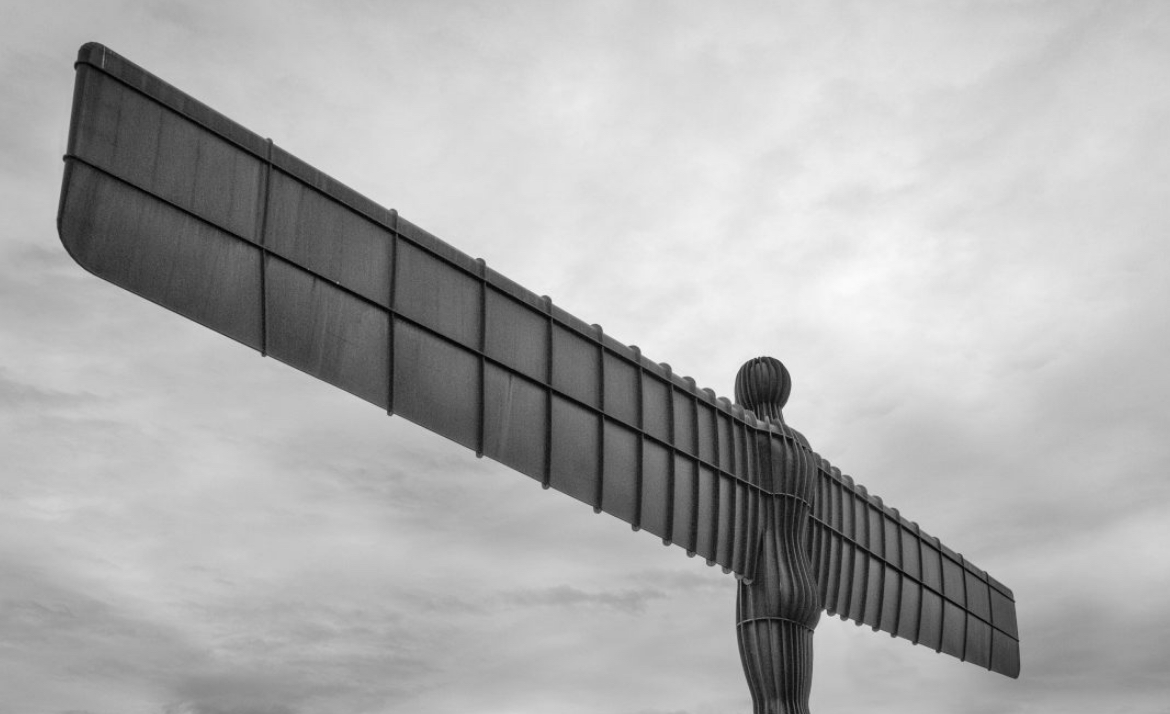This website uses cookies
This website uses cookies to enable it to function properly and to analyse how the website is used. Please click 'Close' to accept and continue using the website.


In a scene replayed repeatedly over the last 40 years, in towns and cities across the country, Manchester’s Odeon cinema closed its doors for the last time in early September. With almost depressing inevitability the last of the city centre’s inter-war picture palaces finally closed, and the building’s future looks uncertain. Built as part of the short lived Paramount chain in 1930 and designed by the notable cinema architects Verity and Beverley it was taken into the Odeon chain in 1939. The recent history of its ‘sister’ cinemas in Newcastle and Leeds may be some indication of what is in store for Manchester. Newcastle Odeon was delisted in 2001 (at the same time as the Ambassador, Salford, now demolished and the grandest of Manchester ’s suburban cinemas) and now faces demolition, whilst Leeds was closed last year and gutted for apartments. English Heritage has closed the file on any possible listing of the Manchester Odeon citing too much internal alteration, but anecdotal evidence suggests many of the original features remain behind the sub-division work. The land value is worth far more to Odeon than running a city centre cinema so, with the absence of a listing and with property developers hovering, demolition looks almost certain. Not only would this leave Manchester without a ‘traditional’ city centre cinema showing mainstream films, but name of the Odeon, Manchester will be added to the growing list of fine inter war cinema buildings that are no more.
The future of another Manchester landmark, albeit of a very different scale and style, now looks a little more positive. The unmissable Piccadilly Plaza (Covell Matthews 1965) has divided opinion amongst Mancunians from day one and its recent past has seen changes of ownership and several aborted refurbishment schemes. The recent demolition of Bernard House, to be replaced by a far blander and as yet empty office building, destroyed the tripartite composition of this mega structure. Now, however, the new owners Bruntwood, who have seemed keen in the past to take on ‘difficult’ Sixties buildings and make a success of them, have engaged the services of one of Manchester’s finest architectural practices, Stephenson Bell, to carry out the refurbishment. It is worth noting that it was Roger Stephenson of Stephenson Bell who put forward Piccadilly Plaza for listing, unsuccessfully, in 1995. We can be sure, therefore, that any work done will be carried out sympathetically and with the flair and quality Stephenson Bell have shown in their past work. Perhaps, after years of neglect and a severe image problem, Piccadilly Plaza will now shift from a position of “eyesore” to a more deserved “icon”.
On a more general note I would like to take this opportunity to thank all of those who have supported the fledgling North West Group over the past year or so. Appreciation goes to those who have contributed time and effort to organising events and attended meetings, and special thanks go to those who travel great distances to attend. It is heartening to meet people who have got up at the crack of dawn to join our events and it makes all our efforts worthwhile. The North West Group would have withered on the vine if it were not for your support and we thank you all.
Eddy Rhead
Eva Branscome

Become a C20 member today and help save our modern design heritage.